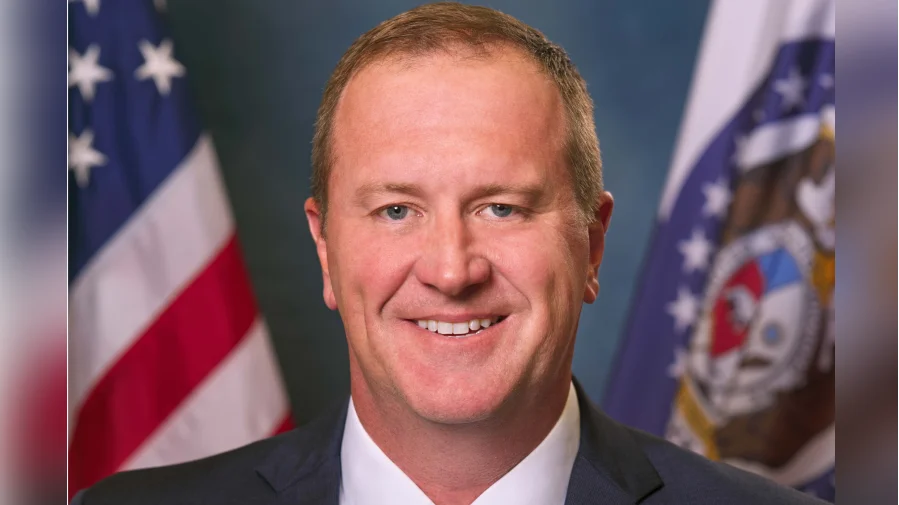Senator Eric Schmitt | U.S. Senator Eric Schmitt
Senator Eric Schmitt | U.S. Senator Eric Schmitt
Senator Eric Schmitt has recently commented on the legal implications surrounding the potential lawsuit by Cook regarding her dismissal by President Trump. In a series of posts on August 28, 2025, Schmitt discussed whether courts can review the president's motives for firing federal officials.
In his first post, Schmitt raised the central issue: "When Cook sues, the key issue will be whether a court can review President Trump's motive for firing her. In other words, will courts try to second-guess the President's decision (like in NY v. Dept of Comm., in yellow below) and claim this cause is pretextual or insufficient?" (August 28, 2025).
He followed up by referencing Supreme Court precedent: "The Supreme Court has expressly agreed with this reasoning. From its 1901 Reagan decision: 'removal for cause, when causes are not defined nor removal for cause provided for, is a matter of discretion, and not reviewable.'" (August 28, 2025).
In another post from the same day, Schmitt interpreted recent Supreme Court decisions: "I read the Supreme Court reasoning in Trump v. US to mean a court cannot review the President's motive for firing a federal official. That means courts can’t second-guess whether President Trump's stated motive is the actual motive." (August 28, 2025).
The question of judicial review over presidential removals has been addressed by previous Supreme Court rulings. The referenced "Reagan decision" from 1901 established that if statutes do not specify causes or procedures for removal of certain officials, such actions fall within executive discretion and are generally not subject to judicial scrutiny.
Recent developments have seen renewed debate over these principles following high-profile dismissals and litigation involving presidential authority over federal personnel. The Trump v. United States case further clarified limits on judicial intervention in executive branch personnel decisions.
Senator Eric Schmitt represents Missouri in the U.S. Senate and frequently comments on constitutional law issues related to executive power.





 Alerts Sign-up
Alerts Sign-up